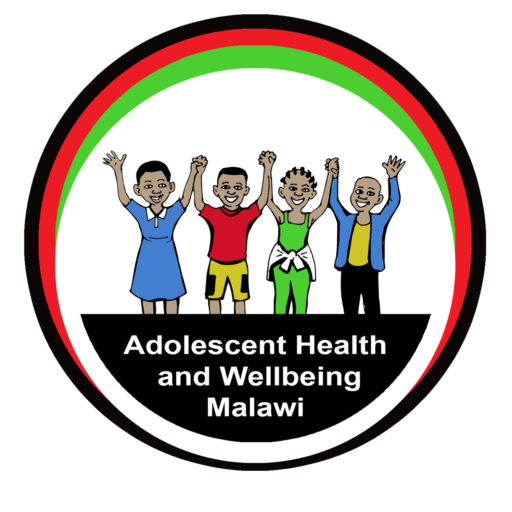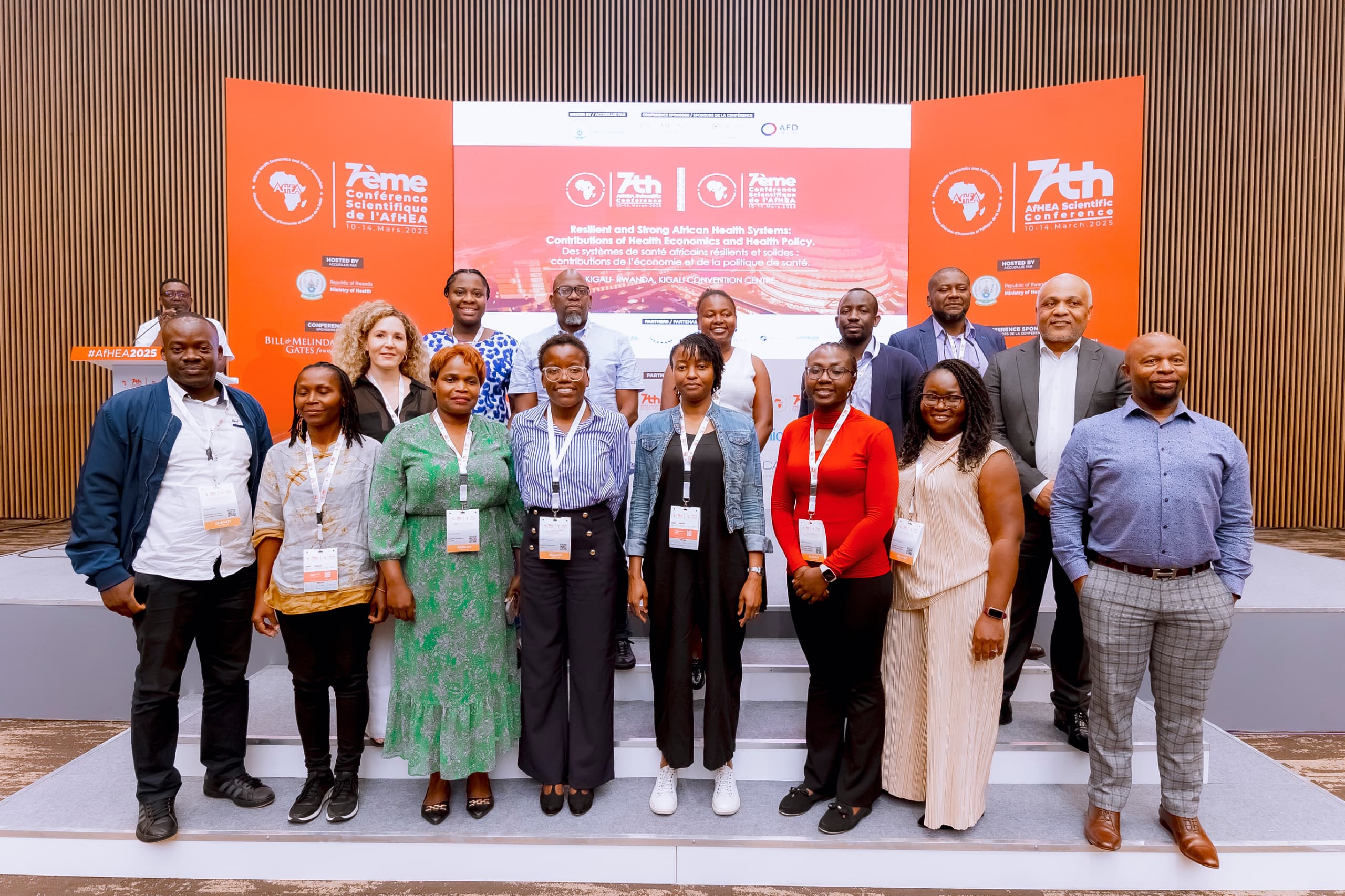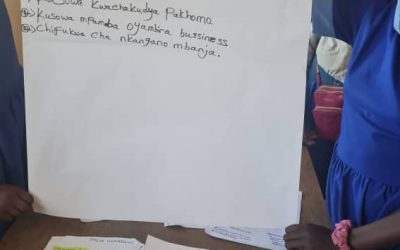I had the privilege of attending and presenting at the African Health Economics and Policy Association (AfHEA) Conference in Kigali, Rwanda. Under the theme “Resilient and Strong African Health Systems: Contributions of Health Economics and Health Policy,” the conference provided a powerful platform to critically examine where our health systems stand, and where they need to go. https://afhea.org/theme-and-sub-themes-of-the-2025-scientific-conference/
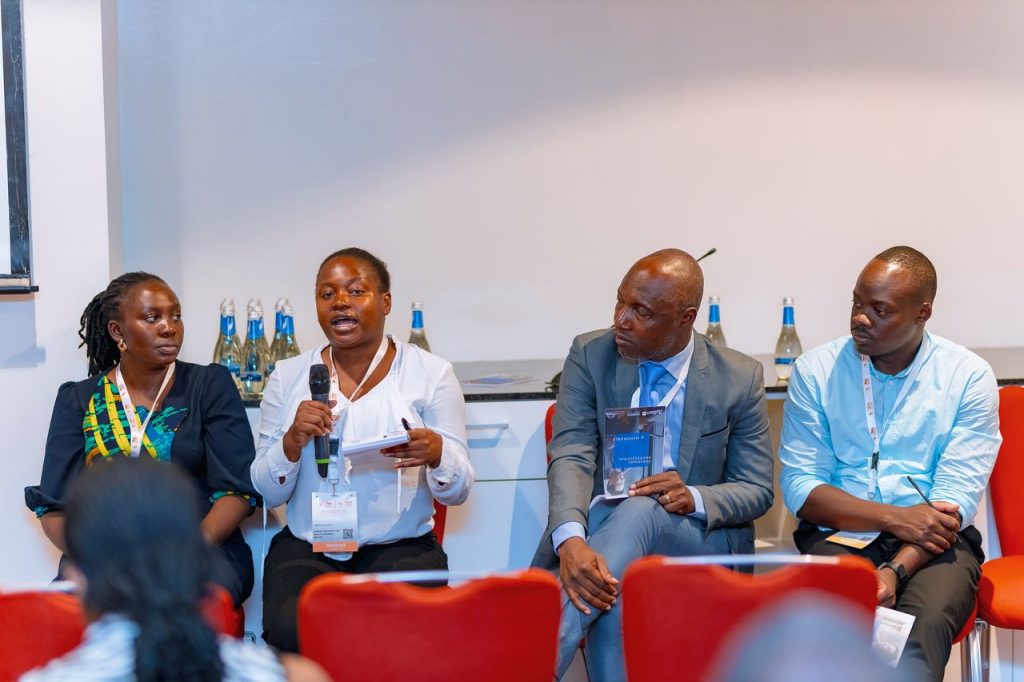
My contribution to the conference was a presentation on the political economy analysis of adolescent wellbeing in Malawi. This research explored the underlying power dynamics, financing structures, and institutional incentives that shape how adolescent health and development are prioritised in national policymaking and budgeting.
One of the core findings I shared was that adolescent wellbeing in Malawi is heavily donor-dependent. Both funding and strategic direction are largely driven by external partners. While donor investment has helped advance adolescent health programmes, this reliance poses serious sustainability risks particularly in the current context of shrinking global aid and competing priorities.
The message resonated with the broader theme of the conference. In order to build resilient and strong health systems, African countries must begin to reclaim ownership over critical areas like adolescent health and wellbeing. This means not only mobilising more domestic resources, but also reframing national priorities to reflect the needs of young people, who represent both our present and our future.
Young people are not just a demographic detail, they are the majority of the African population. Across the continent, adolescents and youth make up over 60% of the population, yet their needs remain underrepresented in policy and financing decisions. Investing in their wellbeing is not only a health priority, but a development necessity. Wellbeing goes beyond access to healthcare. It includes quality education, skills development, safe environments, mental health, connectedness, and the nurturing of positive values and civic engagement. It is about equipping young people to be healthy, resilient, productive, and active contributors to their communities and nations. If we are serious about building resilient systems, then investing in the holistic wellbeing of young people must be front and centre.
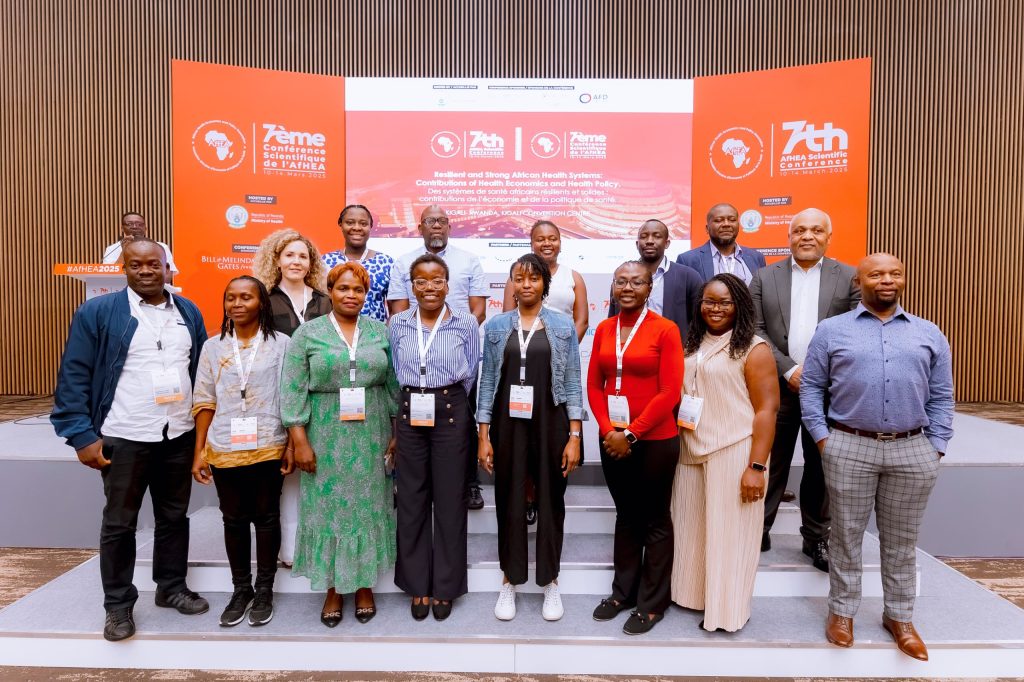
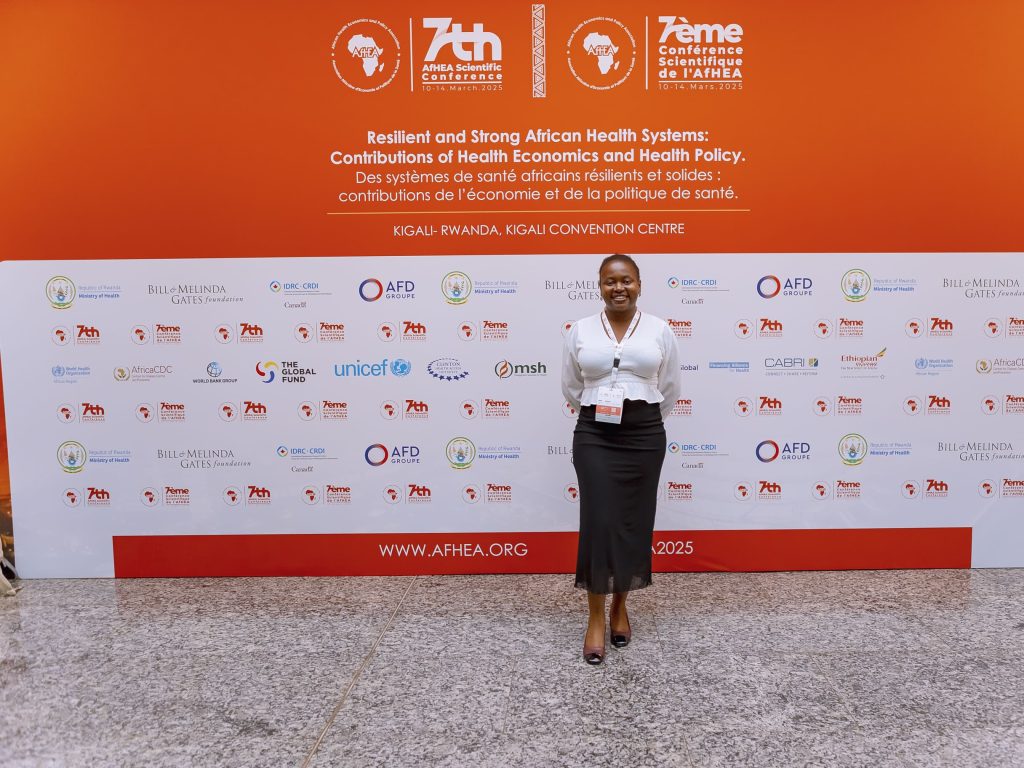
Throughout the conference, it became increasingly clear that the challenges we face in Malawi are mirrored across the continent. At the same time, it was also an opportunity to learn from other African countries who are further ahead of Malawi in terms of development. Health systems everywhere are under pressure: from tight fiscal space, demographic shifts, growing disease burdens, and rising public expectations. And yet, despite these constraints, there was a strong and shared call for African solutions to African problems.
One of my key takeaways from Kigali is that resilience is not a solo endeavour. There is an urgent need for increased collaboration across sectors, institutions, and borders. Countries can learn from each other’s innovations, failures, and successes. We must make better use of our collective knowledge and strengthen regional health networks and communities of practice. At the same time, African countries must reprioritise their health budgets, not just in terms of quantity but also in how resources are allocated. We need to ask: are we funding the areas that will make the greatest long-term impact? Are we investing in our youth, in prevention, in primary healthcare, and in health workforce development? Lastly, the future of resilient health systems in Africa will depend on our ability to produce more of what we need locally, from medicines and vaccines to data, research, and health professionals. Building local production capacity is not only a matter of economics, but of sovereignty and resilience. Strengthening adolescent wellbeing is central to the long-term health and development of our nations. It requires political will, resource commitment, and meaningful engagement with young people themselves. As we look to the future, one thing is clear: resilient African health systems will not be built for us, but we must build them ourselves.
We need to ask: are we funding the areas that will make the greatest long-term impact? Are we investing in our youth, in prevention, in primary healthcare, and in health workforce development?
Monica patricia malata ~ Research Associate University of malawi, college of medicine
